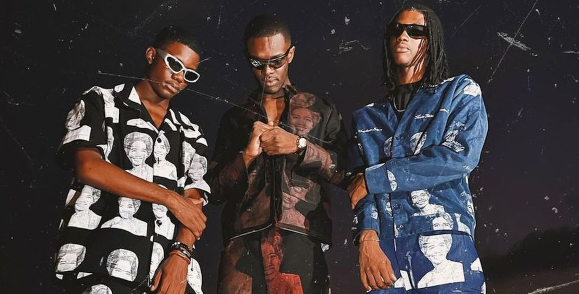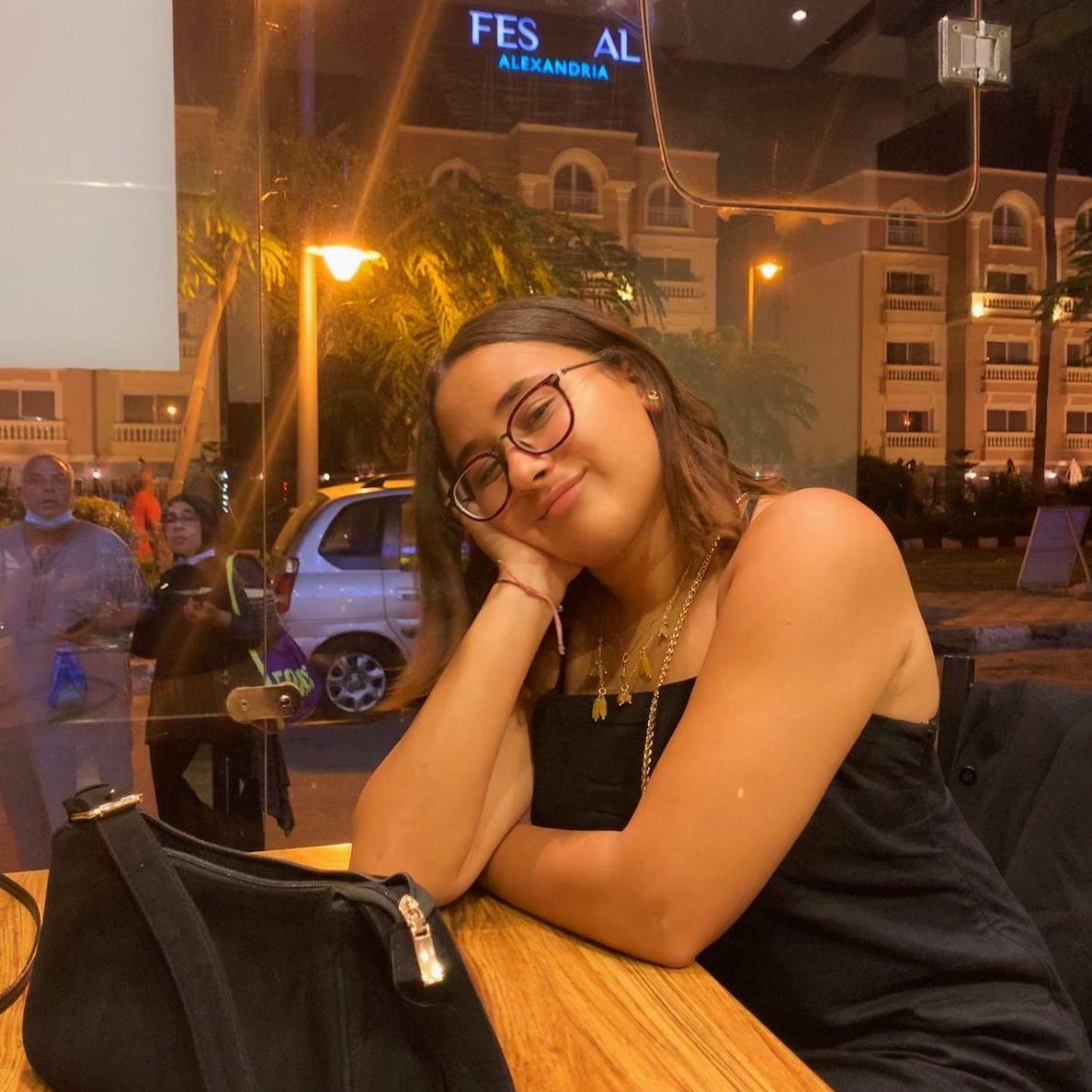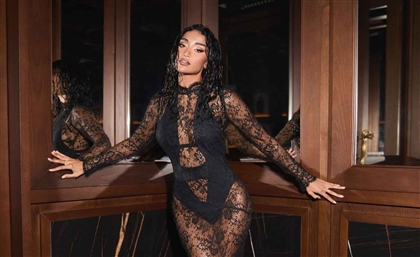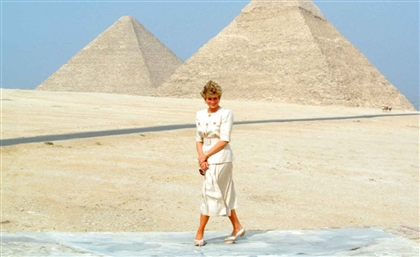Djainin Revives Symbols of West African Culture in Bespoke Streetwear
In its search for representation, Djainin renders West African history and symbolism wearable.

What do you know about Côte d'Ivoire?
Do you know where it is - what it is? Do you know that the cocoa beans in your premium chocolate bars could very well be sourced there? If I call it the Ivory Coast, would you recognise it then?

The primary basis of colonialism in Africa and the Middle East is erasure and suppression - of people, cultures and life. In the brutality of the process, the colonised forget about each other, and it becomes the individual responsibility of every cultural group to individually rise to the task of preserving the essence of their culture. In Djainin’s case, the medium is streetwear.
As a brand, Djainin sets out to combine the convenience of streetwear with the complex beauty of what sometimes seems like an impermeable tight-knit culture in artisanal clothing sets. Through only their first two collections, their commitment to their culture and absolute devotion to it make themselves apparent even in the smallest of details, like scattered cultural logos on denim.
“In our country, we have little to no denim brands,” stories Djainin cofounder Yebieyin Kouassi Jean-Yves, “That was the main objective when we started Djainin in November 2022.”

Djainin is a love letter from Yebieyin Kouassi Jean-Yves and Ouedraogo Gaston to their country, told in the uniquely premium fabric that is available to them in West Africa. Yebieyin tells of the craftsmanship of his nation, explaining that “the fabric market in Côte d'Ivoire is unique, consisting of expertly crafted textiles and stitchings you can’t really find anywhere else. I find it exhilarating to incorporate these fabrics alongside more conventional ones, like denim, into wearable designs.”
The joy of Djainin lies precisely there - in the creators’ ability to weave their favourite aspects of West African culture into the very thread that holds their label together. The unique masks defining each tribe, the traditional chicken attieke comforting their souls, and the craftsmanship of their people are the driving forces behind Yebieyin and Ouedraogo's commitment to producing the culturally bespoke garments that constitute Djainin.

This love is perhaps most obvious in their first collection, a set of denim and streetwear outfits on which the face of the First Lady of Côte d'Ivoire, Dominique Ouattara, is repeatedly plastered. “Despite her good efforts, the First Lady of Côte d'Ivoire is not very well known among the youth.”
The first collection represented a loving ode from Yebieyin to his mother: “My mother adores Ouattara - her pictures are hung up in our home, she is a true fan. I wanted to honour my mother’s love, as well as honour the woman who changed the lives of countless African women.”
In their second collection, Djainin taps into their Akan roots, exploring the symbolism of the ethnolinguistic group that has historically flourished in the Ivory Coast on denim, leather and formal sets. One symbol that makes a common appearance is the sawfish, a symbol which resembles an upside-down letter J repeatedly interrupted by the fish’s teeth.

Like much of the richness of West African countries, the sawfish previously existed plentifully in West African seas, but has now become severely endangered - so much so that it is most commonly seen only on West African currency. Now, thanks to Djainin, the sawfish experiences a small rebirth. It is kept in our rotation in the form of elegant streetwear expertly designed, and so are many more aspects of West African culture to come.
In future collections, Djainin aims to spotlight more African figures and celebrities on their clothing. “Growing up, we had little to no representation in the media. This is what makes it so essential to us to give youth the representation they need on the clothing they wear.”
- Previous Article Late For Work is the Moroccan Label Clocking Out in Style
- Next Article Monochrome Monday: The Electric Blue Edition

















